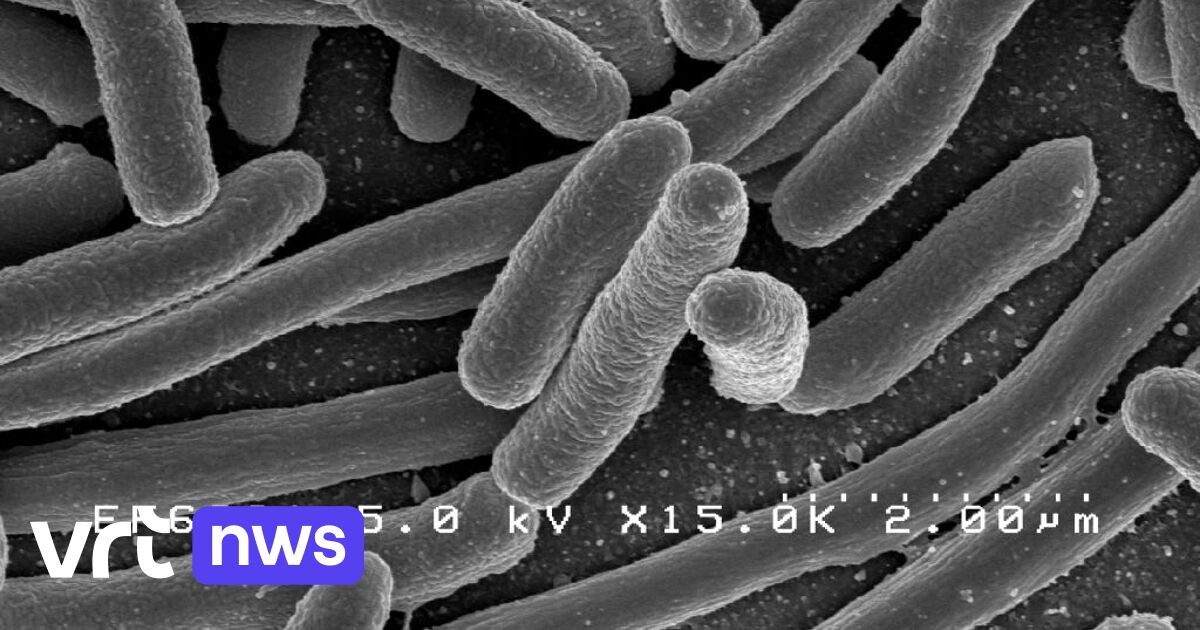That is what Dr. Christopher Anderson and his colleagues in the team of Professor Kodi Ravichandran (VIB-UGent Center for Inflammation Research) focused on. If dying cells secrete substances that can be recognized by healthy neighboring cells, what prevents other organisms, such as gut bacteria, from recognizing these substances?
“We’ve known for decades that cell death can indirectly influence bacterial infections by altering the body’s immune response. In our lab, we also study how dying cells communicate with their neighbors. In this study, we establish a link between both focus fields,” said Ravichandran.
From research in cells from healthy mouse guts, the scientists found that cells of the intestinal epithelium – the innermost layer of the intestine – actively produce and expel certain molecules when they die. Gut bacteria such as Salmonella in Escherichia coli can directly observe and use these molecules.
–

:quality(80)/cdn-kiosk-api.telegraaf.nl/cffc46e8-f553-11eb-b26e-02d1dbdc35d1.jpg)
